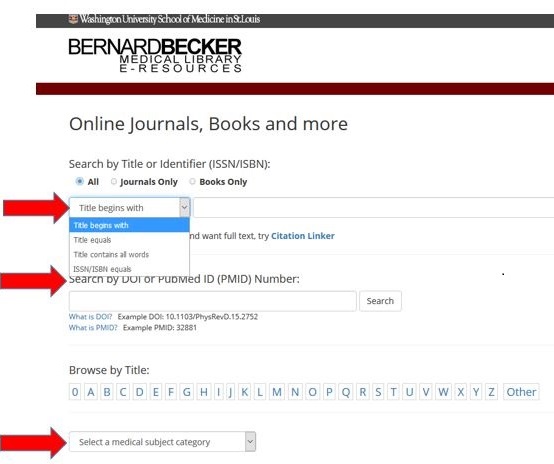Clinical Quality Improvement Support at Becker
Becker librarians offer robust information retrieval and management services to support clinical quality improvements by providing comprehensive literature searches, setting up customized alerts on topics of interest, and organizing resources for team-members and groups.





